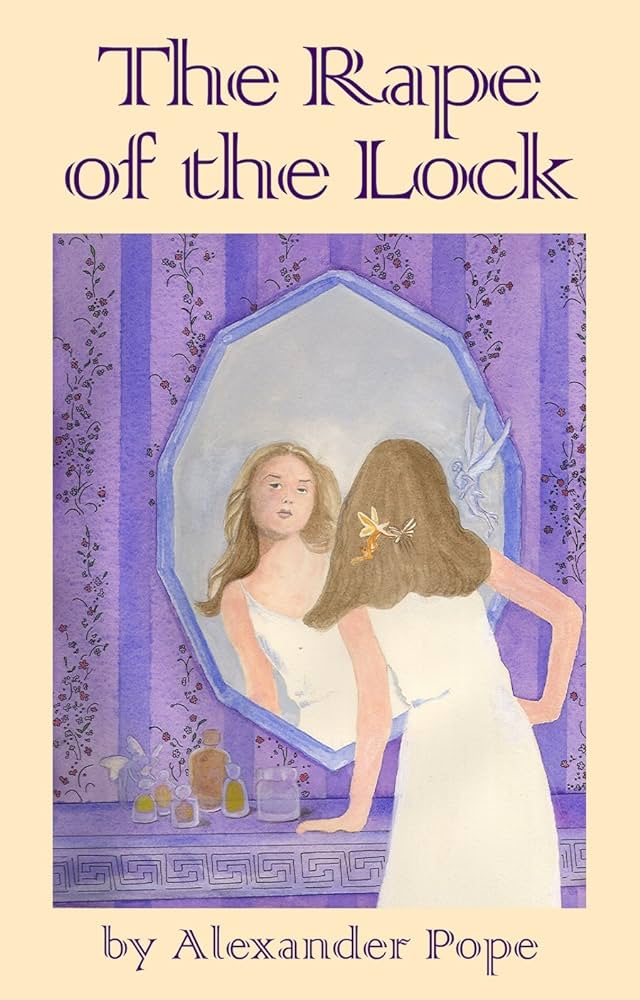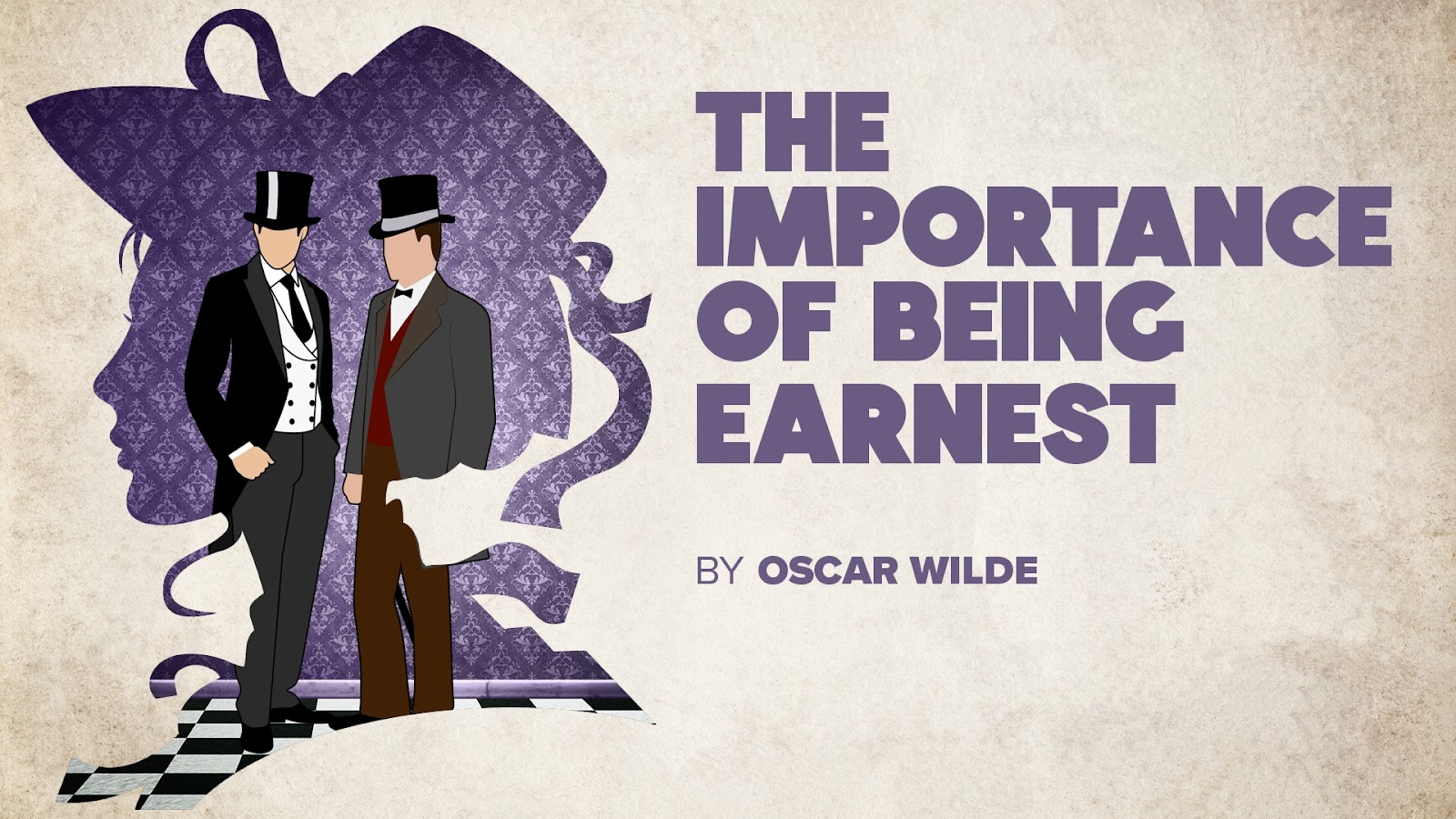Hello friends...
In this blog, I'm going to discuss the poem "The Rape of the Lock by Alexander Pope.
About author:
Alexander Pope (1688-1744) was an influential English poet and satirist known for his sharp wit and mastery of heroic couplets. Overcoming physical challenges due to a hunchback, he produced enduring works such as "The Rape of the Lock" and "The Dunciad," which satirized the societal foibles of his era. Pope's translation of Homer's epics, his foundational "Essay on Criticism," and his exploration of religious and philosophical themes in "Essay on Man" further solidified his literary legacy. His enduring impact on English literature lies in his clever use of language, insightful critique of society, and contributions to both poetry and literary criticism.
About poem:"The Rape of the Lock"
"The Rape of the Lock" was written by Alexander Pope and first published in 1712, then reworked and published again in 1714. The poem is a mock-epic that satirizes the upper-class in London.
1) According to you, who is the protagonist of the poem Clarissa or Belinda? Why? Give your answer with logical reasons.
In Alexander Pope's poem "The Rape of the Lock," the protagonist is Belinda, not Clarissa. She is the central figure around whom the narrative revolves, and her actions, emotions, and experiences are the primary focus of the poem. Belinda's character is the driving force behind the satire and social commentary presented in the poem, making her the logical choice as the main character.Here are logical reasons for considering Belinda as the protagonist:
The poem's title directly refers to "the Rape of the Lock," which is an incident involving Belinda's lock of hair. This incident is the central focus of the poem, making Belinda the central character.Belinda's character, beauty, and vanity are extensively described and satirized throughout the poem. She is depicted as the epitome of the fashionable society of the time.
The poem explores Belinda's emotional journey, from her initial vanity and beauty to her distress over the loss of her lock of hair. Her emotions and reactions are a central focus.
While Clarissa is mentioned briefly in the poem, she is not the central character, and the narrative primarily revolves around Belinda's experiences and the satirical commentary on her society. Therefore, Belinda is the logical choice for the protagonist of "The Rape of the Lock."
2) What is beauty? Write your views about it.
In a simple way, beauty in human beings can be described as the pleasing and attractive qualities or features a person possesses, both in terms of their physical appearance and their inner qualities, such as kindness, confidence, and a warm personality. It's the combination of what looks good to the eye and what feels good in the heart when you interact with someone. Beauty is a subjective concept, meaning that different people may find different things beautiful, but it often includes elements of charm, symmetry, and a positive aura that makes a person appealing to others.
3) Find out a research paper on "The Rape of the Lock". Give the details of the paper and write down in brief what it says about the Poem by Alexander Pope.
The poem satirizes the extravagant and superficial lifestyles of the aristocracy in the early 18th century, particularly their obsession with trivial matters like fashion, gossip, and social status.
Pope employs the mock-epic style, a form of satire that parodies the grand and heroic style of classical epics like "The Iliad" and "The Odyssey." He elevates the seemingly trivial incident of Belinda losing a lock of hair to epic proportions, highlighting the absurdity of the situation.
Pope creates caricatures of various characters in the poem, such as Belinda, who represents the vanity and self-absorption of the upper class, and the Baron, who embodies the impetuous and superficial nature of romantic pursuits.
Through humor and irony, Pope comments on the moral decay and emptiness of the aristocratic society of his time. He criticizes the misplaced priorities of the upper class and their obsession with trivialities.Pope employs various satirical devices, including exaggeration, irony, and parody, to expose the flaws and vices of the characters and society.
"The Rape of the Lock" also conveys a moral lesson about the consequences of vanity and pride. It suggests that even minor offenses can lead to major conflicts if taken too seriously.
Click here for more information.
4.) Write your views about the significance of hair. Is it symbolic?
In Alexander Pope's "The Rape of the Lock," hair plays a significant and symbolic role. The poem is a satirical work that humorously exaggerates the trivialities and vanities of aristocratic society in 18th-century England. Within this context, the lock of hair becomes a central and highly symbolic element.
The lock of hair represents the superficial and ephemeral nature of beauty and social status. It highlights how society places immense value on such trivial things as physical appearance and personal adornment.
The Baron's attempt to "rape" the lock of hair serves as a comedic exaggeration of the dramatic conflicts that could arise in polite society over matters of seemingly little consequence. This conflict is at the heart of the poem's satire.The elaborate process of cutting and adorning the lock of hair mirrors the intricate rituals and etiquette of the upper class during that era. The poem satirizes the excessive importance attached to these rituals.
Symbol of Female Beauty:
Belinda's lock of hair is symbolic of her physical beauty, and its violation by the Baron reflects the objectification of women in society at the time. It underscores how women were often reduced to their physical attributes and charms.
The lock of hair in "The Rape of the Lock" serves as a satirical symbol of the excessive importance placed on appearance, social rituals, and gender roles in the 18th-century aristocratic society. Through this symbol, Pope critiques the triviality and superficiality of the upper class, using humor and exaggeration to convey his message.





No comments:
Post a Comment